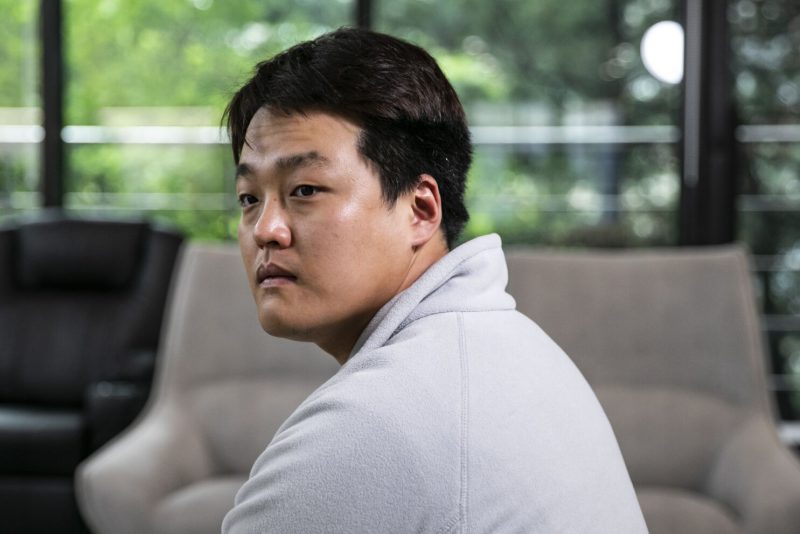After Do Kwon’s arrest in Montenegro, the United States and South Korea has been seeking extradition. In fact, as reported recently, Do Kwon’s extradition has already become a betting opportunity. On the prediction platform Polymarket, several people are placing bets on the country that Kwon would possibly be extradited to. At press time, bets on South Korea were higher and priced at 68 cents, when compared to 32 cents for the United States.
Now, it should be noted that the criminal penalties are more in the United States when compared to South Korea. In fact, there is a huge difference between the maximum prison time. Citing a Yonhap News Agency report, Chinese Crypto Journalist Colin Wu explained,
“The penalties for different crimes in the United States can be added up, and the maximum sentence of Do can reach more than 100 years, while the maximum sentence in South Korea is only about 40 years.“
Also Read: How Many Years Will Sam Bankman-Fried Stay Behind Bars if Found Guilty?
It is worth recalling that FTX founder, Sam Bankman-Fried is in a similar position. At the moment, he has 13 criminal counts against him and faces more than a century behind bars if convicted. However, Bankman-Fried has pleaded not guilty to several charges of fraud against him.
Has Kwon been steering away from the U.S. to reduce the severity of his punishment?
It has been more than a year since the SEC first delivered a subpoena to Kwon regarding Terraform Labs ‘Mirror Protocol’ app. Then, in Q2 2022, specifically, a month before the Terra ecosystem collapsed, Kwon left Korea and fled. Right after that, several regulatory agencies started investigations against him. In fact, the SEC also filed charges against Do Kwon for fraud. So, to shield Kwon, his lawyer earlier argued that Kwon’s company had “limited contact” with the United States. According to Yonhap News Agency, he contended,
“Kwon is the CEO of Terraform, an open-source software development company with limited contact with the United States. Most of this company’s business is essentially global, and it is not specifically aimed at the United States.”
In the U.S. there is no clear winner in the securities vs. not a security debate as of yet. However, time and again, regulators have emphasized that virtual assets have securities properties, laying out the foundation for judicial processing. Yonhap pointed out that in South Korea, however, there are no standards and laws to determine whether virtual currencies are securities or not. Thus, it can be said that Kwon could be steering away from the United States to reduce the severity of future punishment.
Also Read: $160 Million Worth Property of Terra Employees Seized: Report





